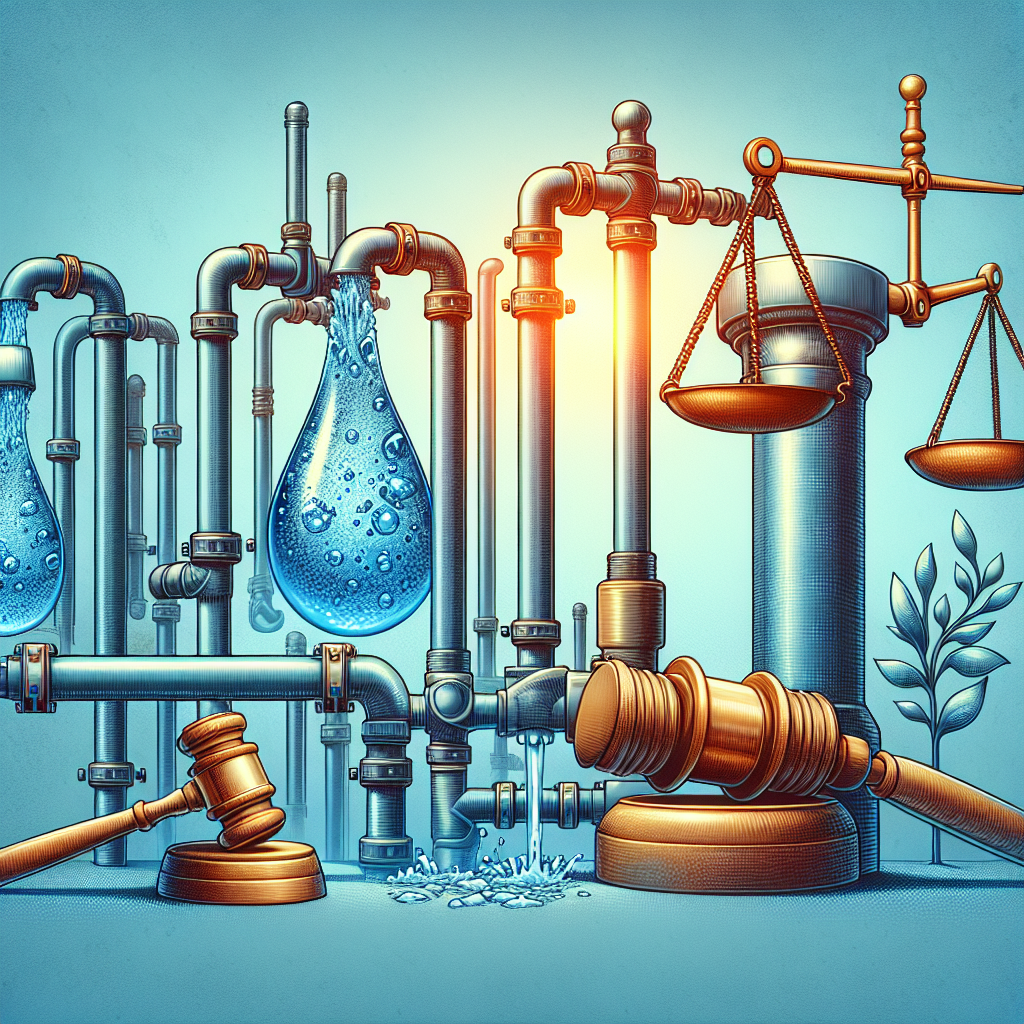The Politics of Water: Distribution, Rights, and Access
Water, the most essential resource for life on Earth, is at the heart of a growing crisis that intertwines environmental sustainability, human rights, and global politics. The politics of water encompasses issues of distribution, rights, and access, affecting billions of people worldwide. As the planet’s climate changes and its population grows, the challenges surrounding water resources become increasingly complex and contentious.
The Global Water Crisis
At its core, the global water crisis is a problem of distribution and access. While the Earth does not lack water, the freshwater we depend on for drinking, agriculture, and sanitation is unevenly distributed. Some regions have abundant freshwater resources, while others face severe shortages that threaten health, economic stability, and peace. Climate change exacerbates this inequality by altering precipitation patterns, melting glaciers, and contributing to extreme weather events, further disrupting water availability.
Water Rights and Governance
Water rights—the legal entitlements to use water for specific purposes—are central to the politics of water. These rights are deeply entangled with issues of governance and power. In many parts of the world, water rights have historically favored those with economic and political clout, often at the expense of indigenous peoples, local communities, and the environment. The question of who has the right to access and control water resources is a source of ongoing conflict and negotiation.
Governments and international organizations play critical roles in managing water resources, but their approaches and priorities can vary widely. Some advocate for treating water as a human right, essential for life and dignity, and thus outside the purview of market forces. Others argue for market-based mechanisms to allocate water efficiently, contending that pricing water appropriately can encourage conservation and investment in infrastructure.
The Challenge of Water Distribution
The technical and infrastructural challenges of distributing water are immense, particularly in rapidly urbanizing areas and in regions with extreme climates. Infrastructure for water supply, treatment, and distribution requires significant investment, maintenance, and foresight. In many developing countries, lack of access to clean water and sanitation facilities is a major public health crisis, contributing to disease and mortality.
Transboundary water management adds another layer of complexity. Rivers, lakes, and aquifers that cross national borders are sources of livelihood for hundreds of millions of people. They are also potential flashpoints for conflict, as countries upstream can control the flow of water to their downstream neighbors. International agreements and cooperation are essential to manage these shared resources equitably, yet achieving consensus is often challenging.
Sustainable Solutions and Innovations
Addressing the politics of water requires innovative thinking and collaboration across disciplines, sectors, and borders. Sustainable management of water resources involves a mix of technological, economic, and social strategies. These might include improving water-use efficiency in agriculture, which accounts for the largest share of global freshwater use; investing in green infrastructure to capture and reuse rainwater; and implementing policies that promote equitable access to water.
Community-based management and the involvement of local stakeholders are critical for success. Empowering communities to manage their water resources can lead to more sustainable and equitable outcomes. Additionally, integrating traditional knowledge with modern science can provide unique insights into sustainable water management.
The role of international aid and cooperation cannot be overstated. Developed countries and international organizations have a moral and strategic interest in supporting water access and management in less developed regions. Such support can help prevent conflicts, promote stability, and build resilience against climate change.
The Politics of Water in the Future
As we look to the future, the politics of water will only become more prominent. Population growth, urbanization, and climate change will intensify the pressures on water resources. The global community must prioritize water issues and work collaboratively to ensure that everyone has access to the water they need to live and thrive.
The challenges are significant, but so are the opportunities for innovation, cooperation, and positive change. By confronting the politics of water head-on, we can secure a more equitable, sustainable, and peaceful world for future generations.
FAQs
Q: Is access to water recognized as a human right?
A: Yes, in 2010, the United Nations General Assembly explicitly recognized the human right to water and sanitation. Everyone has the right to sufficient, safe, acceptable, physically accessible, and affordable water for personal and domestic uses.
Q: What are the main causes of water scarcity?
A: Water scarcity can result from a combination of natural and human-made factors, including climate change, overuse and wastage of water, pollution, and poor management practices. Population growth and economic development also put additional pressure on available water resources.
Q: How can individuals contribute to solving the water crisis?
A: Individuals can contribute by conserving water, supporting sustainable water policies, and advocating for equitable water management practices. Educating oneself and others about the importance of water conservation and supporting organizations that work on water issues are also valuable actions.
Q: Can technology solve the water crisis?
A: While technology can play a crucial role in improving water efficiency, monitoring resources, and treating wastewater, it is not a panacea. Addressing the water crisis requires a holistic approach that includes good governance, equitable policies, community involvement, and international cooperation.
Q: Are water conflicts inevitable?
A: While competition over water resources can lead to conflicts, history shows that cooperation is more common than conflict over water. Effective governance, strong institutions, and international agreements can help mitigate the risks of water-related conflicts.

